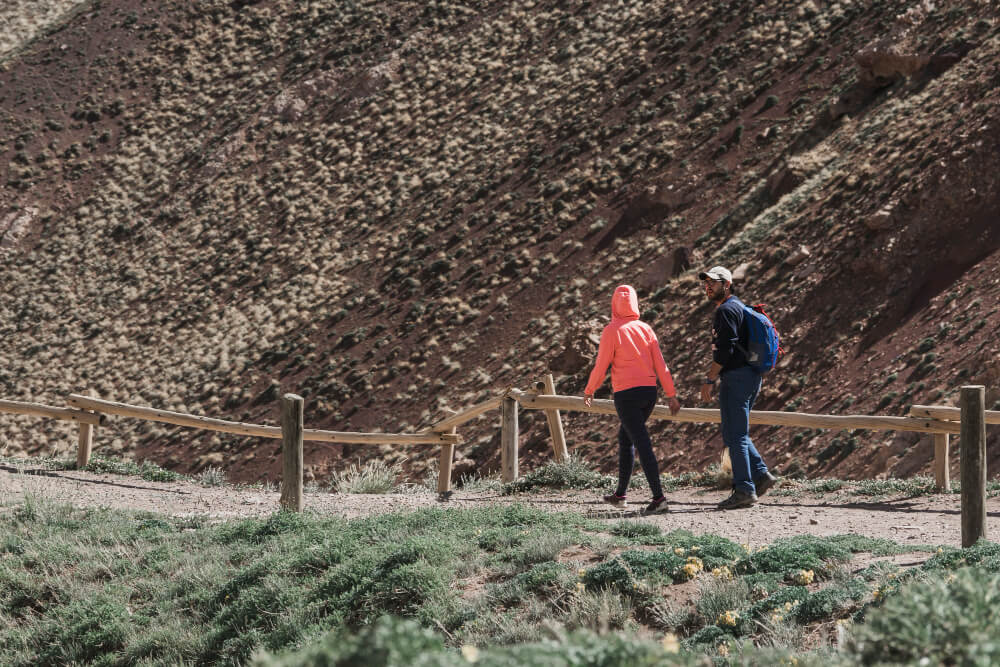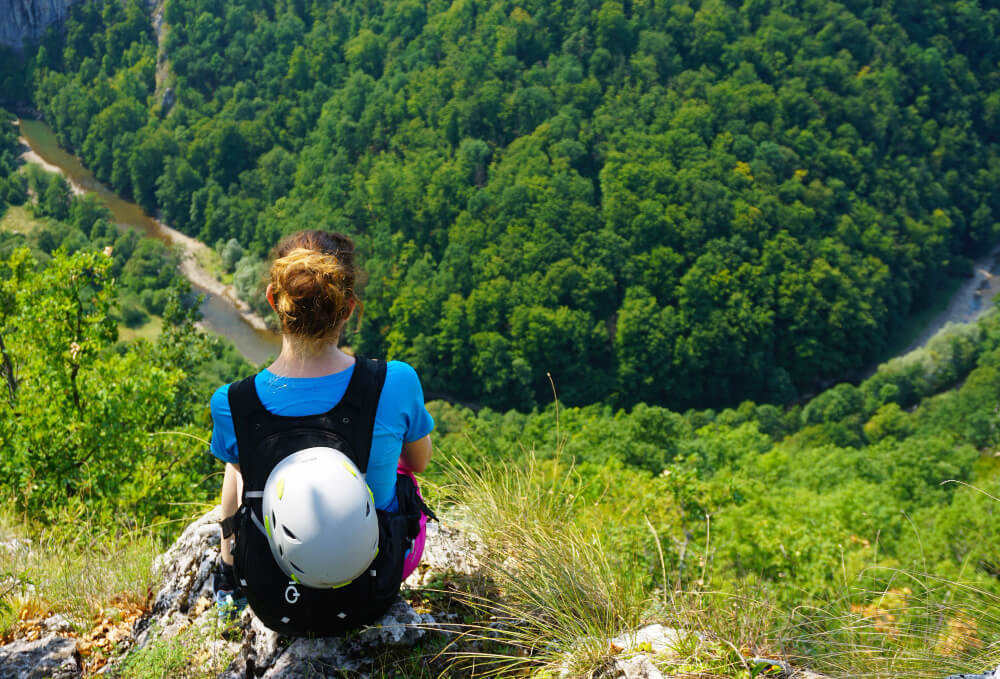If you’re eager to discover the breathtaking beauty and rich cultural heritage of Aotearoa while minimizing your environmental footprint, you’re in the right place.
In this guide, we’ll delve deep into practical tips, heartfelt advice, and inspiring stories to help you embark on an eco-friendly adventure of a lifetime in the land of the long white cloud.

Common Questions and Concerns:
Before we dive into the specifics, let’s address some common questions and concerns that travelers often have about sustainable travel in New Zealand:
- How can I reduce my carbon footprint while exploring New Zealand?
- What are some eco-friendly accommodations available throughout the country?
- Are there responsible wildlife encounters I can participate in without harming the environment?
- How can I support local communities and indigenous culture during my travels?
- What are the best sustainable transportation options for getting around New Zealand?
Exploring Responsibly
Choose Eco-Friendly Accommodations:
Your choice of accommodation plays a significant role in your overall impact on the environment. Fortunately, New Zealand offers a plethora of eco-friendly lodging options that combine sustainability with comfort.
Whether you’re seeking a rustic eco-lodge nestled in the wilderness or a cozy bed and breakfast run by a local family, there’s something to suit every traveler’s taste.
When selecting your accommodation, look for establishments that prioritize sustainability initiatives such as energy efficiency, waste reduction, water conservation, and support for local communities.
Many eco-lodges and green hotels in New Zealand go above and beyond to minimize their environmental footprint by utilizing renewable energy sources, implementing recycling programs, and sourcing organic and locally produced goods.
Embrace Slow Travel:
In today’s fast-paced world, there’s something truly magical about slowing down and immersing yourself in the beauty of your surroundings.
Instead of rushing from one tourist hotspot to another, take the time to savor each moment and explore New Zealand at a leisurely pace.
By embracing slow travel, you’ll not only reduce your carbon emissions from transportation but also deepen your connection with the land and its people.
Consider staying in one location for an extended period, allowing yourself to fully experience the local culture, cuisine, and way of life.
Whether you’re strolling through vibrant city streets, hiking through pristine national parks, or lounging on secluded beaches, take the time to appreciate the beauty and diversity that New Zealand has to offer.
Support Local Businesses:
One of the most rewarding aspects of travel is the opportunity to connect with local communities and support small businesses along the way.
When dining out, shopping for souvenirs, or booking tours and activities, prioritize businesses that are owned and operated by locals.
Not only does this inject much-needed revenue into the local economy, but it also fosters meaningful cultural exchanges and creates authentic travel experiences.
From family-owned restaurants serving up traditional Maori cuisine to artisanal craft shops showcasing the talents of local artists, there’s no shortage of opportunities to support New Zealand’s vibrant entrepreneurial spirit.
By choosing to spend your money locally, you’ll not only enrich your own travel experience but also contribute to the sustainability and resilience of the communities you visit.
Minimize Waste and Practice Responsible Consumption:
In our quest to explore new destinations and experience different cultures, it’s easy to overlook the environmental impact of our actions.
However, by adopting a mindful approach to consumption and waste management, we can significantly reduce our ecological footprint and preserve the beauty of New Zealand for future generations to enjoy.
Before setting out on your journey, pack a reusable water bottle, shopping bag, and utensils to minimize single-use plastic waste.
Choose products with minimal packaging and opt for eco-friendly alternatives whenever possible.
When dining out, support restaurants that prioritize sustainable practices such as sourcing local, seasonal ingredients and minimizing food waste.
Throughout your travels, make a conscious effort to reduce, reuse, and recycle wherever you go.
Dispose of your waste responsibly by separating recyclables from landfill waste and participating in composting programs when available.
By minimizing your waste and practicing responsible consumption, you’ll help protect New Zealand’s fragile ecosystems and reduce the strain on its natural resources.
Choose Sustainable Transportation:
Transportation is a significant contributor to greenhouse gas emissions, particularly in a country as geographically isolated as New Zealand.
However, there are plenty of sustainable transportation options available to eco-conscious travelers who wish to explore the country’s diverse landscapes without leaving a large carbon footprint behind.
Consider taking advantage of New Zealand’s extensive network of public transportation, including buses, trains, and ferries, which provide convenient and environmentally friendly alternatives to driving.
If you prefer to have more flexibility and independence, opt for eco-friendly car rental companies that offer fuel-efficient vehicles or electric cars.
For those who enjoy exploring on two wheels, cycling is a fantastic way to experience New Zealand’s natural beauty up close while reducing your carbon emissions.
Many cities and towns throughout the country offer bike rentals and dedicated cycling paths, making it easy to pedal your way to your next adventure.
If you’re feeling adventurous, why not explore New Zealand’s stunning coastline by kayak or paddleboard? These low-impact water sports allow you to navigate pristine waters and observe marine life up close while minimizing your environmental footprint.
For longer journeys between islands or remote regions, consider taking advantage of New Zealand’s network of domestic flights, which are becoming increasingly fuel-efficient and environmentally friendly.
Additionally, many airlines offer carbon offset programs that allow you to mitigate the environmental impact of your flights by investing in renewable energy projects or conservation initiatives.

Conclusion
As you can see, sustainable travel in New Zealand is not only possible but also incredibly rewarding.
By making conscious choices and adopting eco-friendly practices, you can enjoy an unforgettable journey through the land of the long white cloud while minimizing your environmental footprint and supporting local communities.
From choosing eco-friendly accommodations and embracing slow travel to supporting local businesses and practicing responsible consumption, there are countless ways to explore New Zealand responsibly.
By treading lightly on the planet and respecting the natural beauty of Aotearoa, you’ll not only enrich your own travel experience but also contribute to the preservation of this stunning destination for generations to come.
So pack your bags, lace up your hiking boots, and embark on an adventure that not only nourishes your soul but also protects the planet we call home.
Together, we can create a more sustainable and resilient future for New Zealand and all its inhabitants.
Frequently Asked Questions
What is sustainable travel in New Zealand?
Sustainable travel in New Zealand involves minimizing negative impacts on the environment, supporting local communities, and contributing to the overall development and conservation of travel destinations.
It focuses on safeguarding nature, combating climate change, and empowering local communities.
How can I reduce my ecological impact while touring in New Zealand?
To reduce your ecological impact, opt for eco-friendly accommodations, use public transport or CNG-operated vehicles, eat locally sourced food, and participate in low-carbon activities like hiking and biking.
Additionally, conserve water, reduce energy consumption, and support businesses with sustainable practices.
What are some practical tips for responsible tourism in New Zealand?
Practical tips include turning off lights and unplugging devices when not in use, taking shorter showers, reusing towels and bed linen, dressing appropriately for destinations, asking locals for permission before taking photos, and learning a few phrases in the local language to connect with communities.
How can I support local communities and conservation efforts in New Zealand?
Support local communities by choosing accommodations that employ locals, respecting local regulations, and engaging in community-based initiatives.
When exploring fragile ecosystems, inquire about conservation efforts and ensure you are not contributing to over-tourism by geotagging pristine locations on social media.
What are the benefits of sustainable tourism in New Zealand?
Sustainable tourism in New Zealand has numerous benefits, including lower ecological impact, preservation of wildlife and natural habitats, support for local economies, and the opportunity to immerse in local cultures.
By practicing sustainable travel, you contribute to the preservation of New Zealand’s unique environment and heritage.